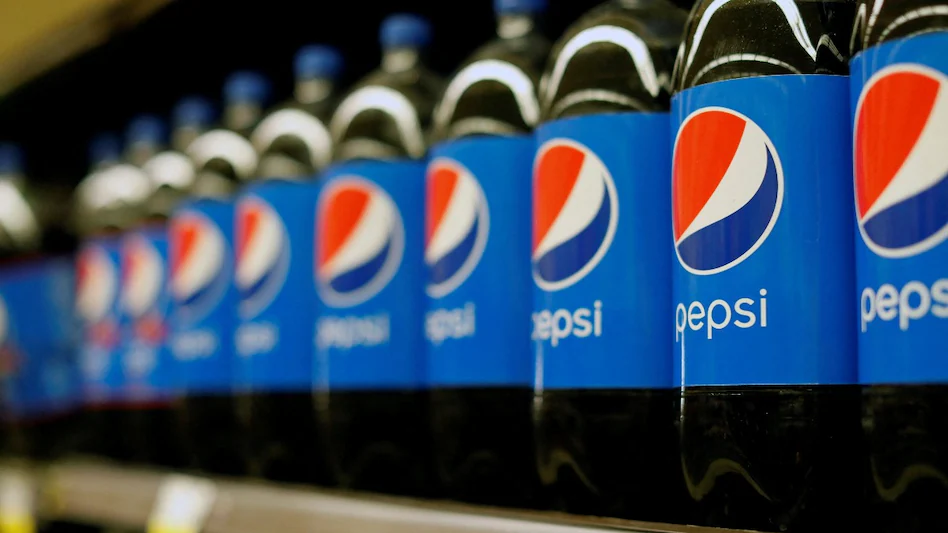Inflation Pressures Force PepsiCo to Revise Fiscal 2024 Sales Expectations

PepsiCo revised its sales growth forecast downward on Tuesday, citing a shift in consumer spending habits in North America as shoppers increasingly gravitate toward cheaper private-label brands over its savory snacks and sodas. The packaged food giant now anticipates a low single-digit increase in organic sales for fiscal 2024, a notable decrease from its previous estimate of a 4% rise.
CEO Ramon Laguarta attributed this adjustment to the combined effects of ongoing inflationary pressures and rising borrowing costs, which have significantly impacted consumer budgets and purchasing behaviors. American shoppers are opting for smaller packages and turning to mass retailers more frequently than convenience stores, which have historically driven a significant portion of PepsiCo’s beverage sales.
According to RBC Capital Markets analyst Nik Modi, “The company has not been immune to the category pressures facing many consumer staples companies.”
In addition to the sales forecast downgrade, PepsiCo reported an unexpected decline in third-quarter revenue, partly due to a recent recall of Quaker Foods products linked to salmonella contamination earlier this year.
While international markets in Latin America, South Asia, and Europe had previously helped offset weaknesses in North America, they are now experiencing volume slowdowns. Laguarta noted, “Pockets of elevated geopolitical tension and macroeconomic pressure are also expected to persist in certain international markets.”
The Quaker Foods North America segment saw organic revenue plummet 13% in the quarter, following an 18% decline in the previous quarter. Despite these challenges, price increases and efficiency measures resulted in a 111 basis point margin growth. Adjusted earnings per share reached $2.31, surpassing estimates of $2.29 per share, while net revenue fell 0.6% to $23.32 billion, below analysts’ expectations of $23.76 billion. In premarket trading, the company’s shares dipped by approximately 1%.






